
There’s a big reason why so many dentists are recommending zirconia crowns as an alternative to most other types of crowns on the market. Why?
Benefits of Zirconia Crowns
There are some serious benefits to be found with this dental restoration technique:
Greater Strength
One of the main reasons to choose a zirconia crown over other options is because it provides more strength than one of the most popular alternatives: porcelain. In fact, it has about five times the strength of a porcelain crown.
You don’t need to worry about getting replacements nearly as often. Their remarkable strength makes them a top choice for molars.
Although they’re made of metal, they give you the strength of metal crowns in every way, shape, and form, but they don’t look as out of place as metal crowns.
Appearance
Metal crowns might be able to give you the best durability standards as far as crowns go, but they usually look out of place as they’re usually made with a silver or gold composite.
Zirconium oxide is naturally white, so when it’s placed over your tooth, it looks exactly the same (if not a little bit better). Other types of dental crowns, like silver or gold crowns, might not fit an individual’s desired aesthetic.
Zirconimonion has a notable translucency. The material on the enamel on the outer part of your teeth is also slightly see-through; this means that this material is an excellent match for your teeth.
While porcelain-fused-to-metal crowns (PFM) give you the natural color of a tooth with the durability of a metal crown, they usually leave a small gray line over the line over time. Since zirconia crowns are made of the same durable material throughout, you don’t see this same byproduct.
Less Abrasive
Most other types of crowns can cause erosion over time, which makes the enamel on the opposing teeth wear away. This can make them more sensitive to hot and cold substances, and they can also lead to decay and damage to teeth over time.
Zirconia is made of a softer material than most, so you don’t get this same side effect.
Stain-Resistant
The material used to make a zirconia crown is even more resistant to stains than your natural teeth. So if you drink coffee or eat dark foods, you probably won’t get as noticeably yellow or brown in your teeth compared to the real thing.
With that said, certain foods can still stain zirconia crowns over time, so enjoy those foods in moderation.
Biocompatible
Sometimes, people might not be able to get metal crowns because the body rejects them due to a metal allergy. This limits your options. Even though zirconia crowns are made of metal, they are unlikely to cause an allergic reaction because the body treats them as biocompatible.
Disadvantages of Zirconia Crowns
The drawbacks of this crown are quite minimal, and the benefits mostly outweigh the disadvantages. With that said, there are a few things to keep in mind.
For one, zirconia crowns are so solid and sturdy that they might be difficult to use when creating a dental bridge, which usually requires a bit more elasticity between certain teeth.
Additionally, there has been some concern about how it might affect surrounding teeth in terms of abrasiveness. Though, it was found that porcelain crowns are even more likely to cause enamel erosion.
The major drawback of zirconia crowns is the associated cost. These crowns tend to be very pricey because the materials used are rare, and they are typically more expensive than metal, porcelain, and ceramic materials. The geographic location you’re getting your crown can drive that price higher.


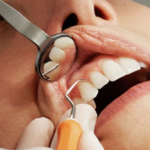
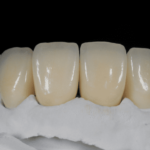
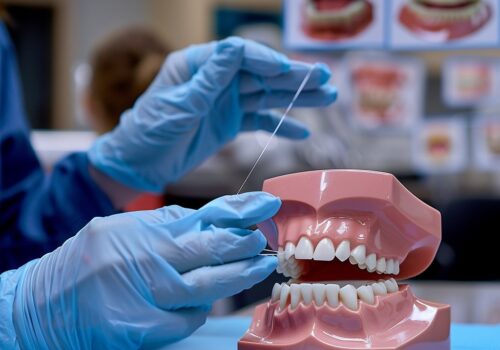
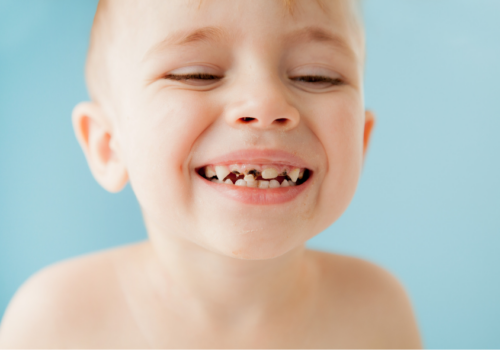
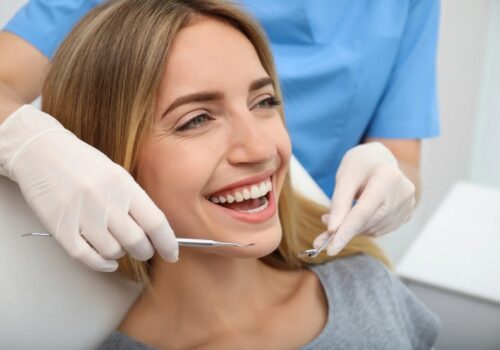
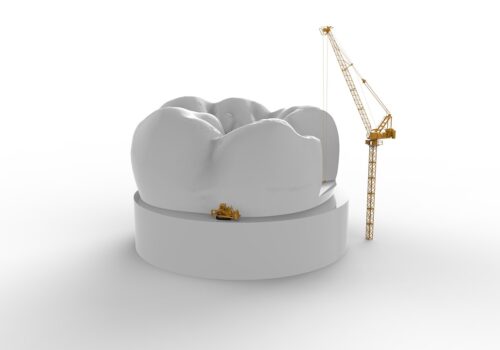
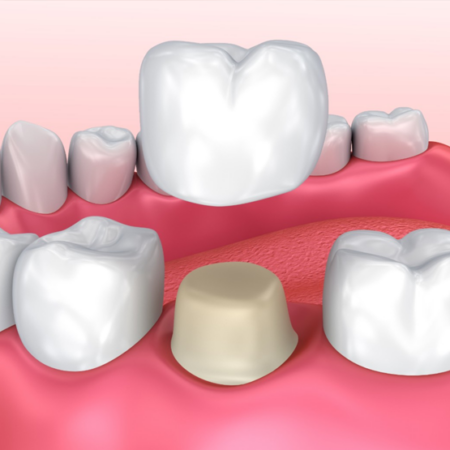
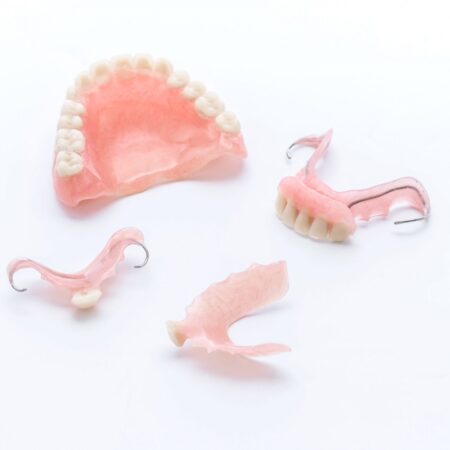
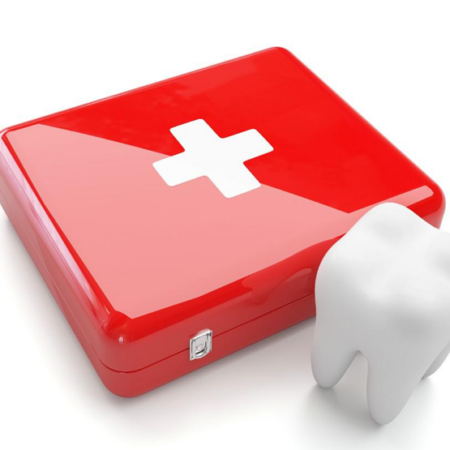
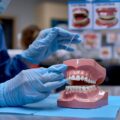


Leave a Reply